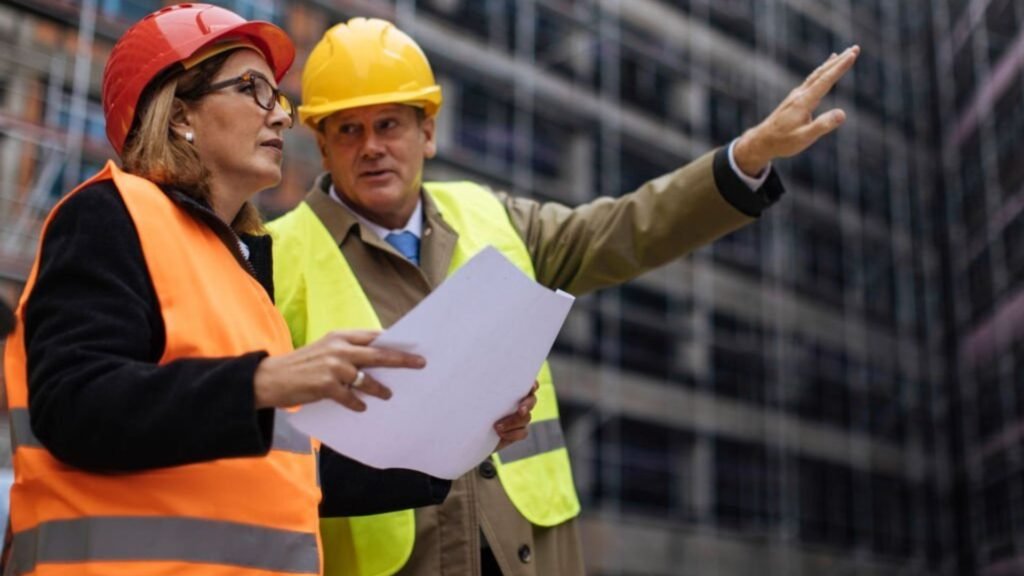You can use a 1031 tax deferment on many types of investment property exchanges. An investor can use a 1031 Exchange to fund a new construction project.
While the simple answer to this question is “Yes,” it can also be complicated.
The IRS generally prohibits the use of funds from a 1031 Exchange for new construction projects. However, they have guidelines that allow it to be done.
A basic 1031 exchange allows the proceeds of the sale to be used to purchase a new investment. The IRS guidelines allow taxpayers to defer capital gains taxes if the circumstances are right.
The eligibility criteria for a 1031 exchange with construction are complex and require consideration of many factors.
How It Works
The most important thing is that the title to the new construction property is in someone else’s name than the taxpayer/exchanger.
The exchanger must name an independent representative. A Qualified Intermediary or Exchange Accommodation Titleholder (EAT) can serve as the representative. The Purchase Agreement will identify the representative who will receive the title.
Sometimes the exchanger may have their contractor purchase the land on which the new construction will be built.
The title will be transferred to the EAT/QI at closing. However, all funds associated with the title will be held in an escrow account the investor has set up. Construction is done under taxpayer guidance. The titleholder pays the bills from the escrow account.
The designated representative holds the title until construction is completed or for the 180-day exchange period. This is when the IRS allocates to acquire a new property following the sale of a relinquished.
Like other 1031 exchange transactions, there is a 45-day time limit from the date of sale to identify the replacement investment. In this instance, it would be the new construction asset.
New construction is a substitute property. The description must include specific details such as building plans.
Once construction is completed, the representative will transfer the title to the investor and perform a regular 1031 exchange on the new property.
Things to Think
A 1031 exchange is a way to finance new construction. Here are some things you should keep in mind:
- The new construction project must have a value equal to or greater than the original investment property at its end and before the representative returns the property to the original investor.
Investors can purchase land or property worth less than the relinquished property, provided that they have the equivalent value at the construction time.
- The representative cannot transfer the title to the investor until construction is completed. This must happen within the 180-day exchange period.
- Within the 180-day exchange period, all equity must be used for construction costs or a downpayment.
It can be challenging to exchange 1031 for a property under construction. It is highly recommended to consult a knowledgeable partner to help you navigate the process.




